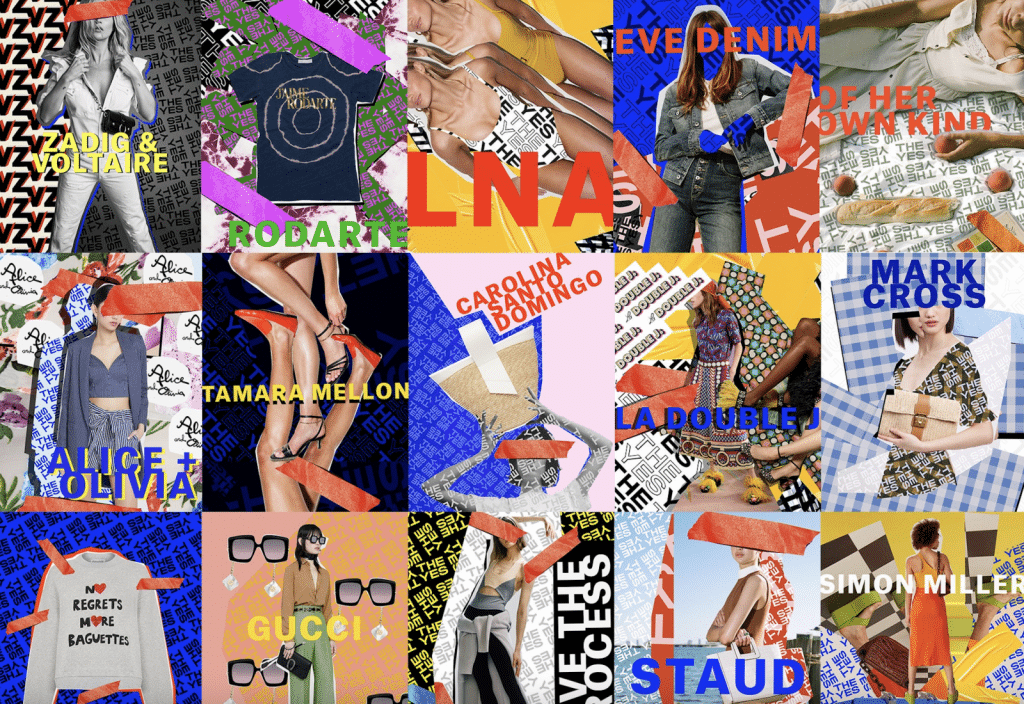A whopping one quarter of all Instagram posts viewed in connection with a recent advertising probe were found to be advertisements, but just 35 percent were labelled as such. That is what the British Advertising Standards Authority recently discovered after assessing nearly 25,000 posts on the Facebook, Inc-owned social media platform, prompting the advertising watchdog to contact all of the social influencers involved (all of which had already been on the agency’s enforcement radar) and a number of brands, “putting them ‘on notice’ that future breaches could lead to them being publicly named and shamed” for running afoul of the United Kingdom’s advertising code.
In furtherance of a quest to crackdown on such an “unacceptable” level of non-compliance with the UK Code of Non-broadcast Advertising, Sales Promotion and Direct Marketing, which mandates that “marketing communications must not mislead the consumer by omitting material information” – i.e., information that “a consumer needs to make informed decisions in relation to a product,” British Advertising Standards Authority (“ASA”) chief executive Guy Parker asserted in a statement this week there is “simply is no excuse not to make clear when positive messages in posts have been paid for by a brand.”
“We have given influencers and brands fair warning, [and] we are now targeting our follow-up monitoring and preparing for enforcement action,” Parker further claimed, revealing that the ASA saw a 55 percent spike in complaints about social media influencers in 2020 compared to the year prior, with more than 60 percent of the 3,144 formal complaints concerning influencers’ Instagram posts.
As the Guardian reported on Wednesday, Instagram announced in October 2020 that it would crack down on social media influencers and celebrities in the UK that fail to abide by the rules requiring that when an individual has been compensated in exchange for promoting a product, he/she must clearly disclosure that. To comply with these rules, the ASA and the Competition and Markets Authority (“CMA”) recommend that influencers’ social media include language – such as “ad,” “advert,” “advertising,” “advertisement” or “advertisement feature,” with or without a hashtag – that is obvious to viewers.
Both Instagram’s vow and the more recent action by the ASA follow from “an investigation by the CMA in 2019,” in furtherance of which it “secured formal commitments from 16 celebrities, including Alexa Chung, Rosie Huntington-Whitely, Rita Ora, and Ellie Goulding, in which the famous figures agreed to clearly state if they have been paid or receive any gifts or loans when making posts on Instagram.”
With seemingly mounting enforcement action coming from the CMA and the ASA, and in light of brands’ enduring dependence on influencer marketing, CMS lawyers Stuart Helmer and Tom Scourfield claim that while it “increasingly appears that online retailers and influencers regard upheld ASA complaints as a cost of doing business,” advertising brands should, nonetheless, “take care to ensure that their influencer contracts place a clear obligation on the influencer to disclose their relationship with the brand and should police all social media posts by their contracted influencers to ensure that they are compliant.” At the same time, with the potentially rising stakes when it comes to undisclosed – or improperly disclosed – posts, Helmer and Scourfieldrecommend that “influencers make the nature of their advertising posts clear by using disclosure language, such as #ad.”
As of 2019, the influencer marketing industry was estimated to be worth as much as $8 billion, according to Business Insider intelligence, and is on track to be worth up to $15 billion by 2022, with nearly four in five (79 percent) brands predominantly using Instagram for influencer campaigns.














